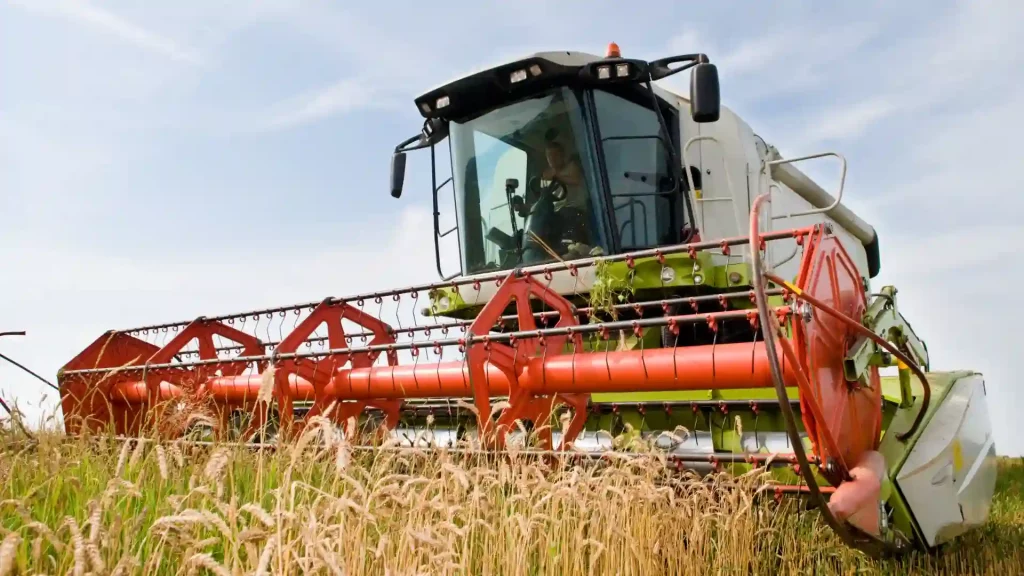In an election year, it seems the ruling government in Poland has chosen to appease its crucial rural voter base, with Hungary following in close tandem
The governments of Poland and Hungary have decided to ban imports of several agricultural goods from Ukraine, including goods in transit to third parties. The ban will be in force till the end of June, and goods on the list include grains, oilseeds, sugar, eggs, fruits, dairy, vegetables, and meat. The Ukrainian agricultural ministry has strongly criticised this decision as violating prior agreements.
The ban has been announced to protect the local farmers of these two countries, as they have been hard hit by an enormous surplus of agricultural produce coming in from Ukraine since the start of the war. This glut has caused prices to hit rock bottom and is severely hurting farmers across East Europe. While on paper, these goods are supposed to mostly transit to third markets, in practice, logistical issues have prevented this re-export and contributed to the local oversupply.
This has led to social instability and protests from farmers who have seen their standard of living drop sharply. In an election year, it seems the ruling government in Poland has chosen to appease its crucial rural voter base, with Hungary following in close tandem. The two governments announced that they would remain friends of and supporters of Ukraine in the war but had a duty to protect the interests of their citizens first.
Bulgaria & Romania, too, express anger at Ukrainian food imports
Nor are Poland and Hungary alone in this sentiment. Earlier this month, large protests were staged by farmers from Romania and Bulgaria. These demonstrations were also against the glut of Ukrainian grain and involved long tractor convoys and the blocking of border crossings.
The European Union last year, in response to the war, waived all customs duties and import quotas on agricultural produce from Ukraine. This was a major departure from the normal EU policy of heavily protecting its agricultural market and was done to facilitate transport to markets in third-party countries. Imports of grain into the EU from Ukraine jumped from US $7.7 billion in 2021 to $12.9 billion in 2022, a jump of more than 67%.
On March 31, the governments of Poland, Hungary, Romania, Bulgaria, and Slovakia appealed to step up aid for their affected farmers. Though the EU had announced a relief package of $56.3 million, protestors contend that this isn’t nearly enough to prevent a chain reaction of farmer bankruptcies.
Is this just an inter-EU feud or an indicator of global trends?
The European Commission decried the unilateral trade action as ‘unacceptable’, highlighting the importance of coordination and consensus in trade matters, and promised talks and investigations.
Many see this as the latest chapter of the long-running feud between the EU and Poland, and Hungary. This feud spans a wide range of issues, from LGBT rights and judicial independence to migration and foreign policy. EU supporters criticise the governments of these two countries as nationalistic, neo-fascist, and fundamentalist, while many Eastern Europeans contend that the EU is insensitive to their concerns and mostly a tool for neoliberal corporate domination of their countries.
However, one must keep in mind that Ukraine is a major agricultural player and is one of the largest producers in the world of grain and sunflower oil (the sunflower is a national symbol of Ukraine). The war has put grain exports from Ukraine through the Black Sea under stress and led to the rerouting through the EU. This situation is just one of the many agricultural disruptions caused by the war, and while here, the problem is oversupply, many parts of the world that depended on Russian and Ukrainian imports are seeing significant food shortages and risk of famine.
It is likely that countries across the world will increasingly flout global trade rules to protect their agricultural base and food supply as further disruptions ripple through the system. The actions by Poland and Hungary could be just the vanguard of a new wave of agricultural protectionism.
